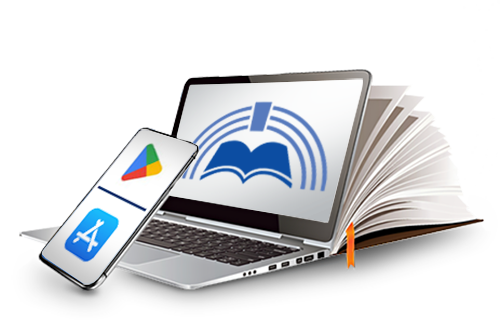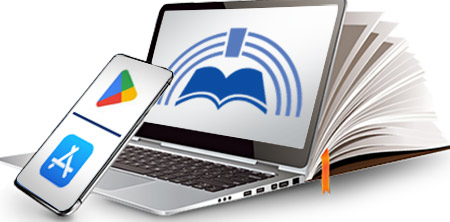About This Course
The statistics are compelling and clearly indicate that 1 out of 3 attorneys will likely have a need for substance use or mental health services at some point in their careers. What about that “other” addiction – Gambling?
In 2018, the United States Supreme Court, in Murphy Vs. NCAA, held that sports gambling was legal in all of the United States. By 2019, many states began approving both traditional and sports betting, making on-line gambling accessible by cell phone, computer, and tablets. As the world changed in 2020 with the onset of work from home law practices due to COVID-19, isolation and easy access to gambling followed. With it came the compulsive gambler.
Internet gambling and Sports betting apps are now an everyday part of watching television. Whether these forms of gambling are ever “risk free” may depend upon the nature of the risk involved. The connection between compulsive gambling , financial crimes and self-harm is compelling.
This CLE program will explore not only Gambling Disorder, but also the connection between gambling and the more well-known forms of impairment and why lawyers are at higher risk to develop problems. The results are startling.
Key Topics
- The early warning signs of impairment from Gambling Disorders
- The impact of the use of the internet on gambling disorders.
- The impact of the U. S. Supreme Court ruling allowing states to approve sports betting.
- The impact of marketing and advertising techniques on sports betting and public health
- The services that Lawyers Assistance Programs provide to lawyers, judges, their family members and law students
- A close look at what barriers exist that prevent lawyers and judges from seeking the help they need
- The role that education plays in breaking the stigma and fear associated with addiction and mental illness in the legal profession






